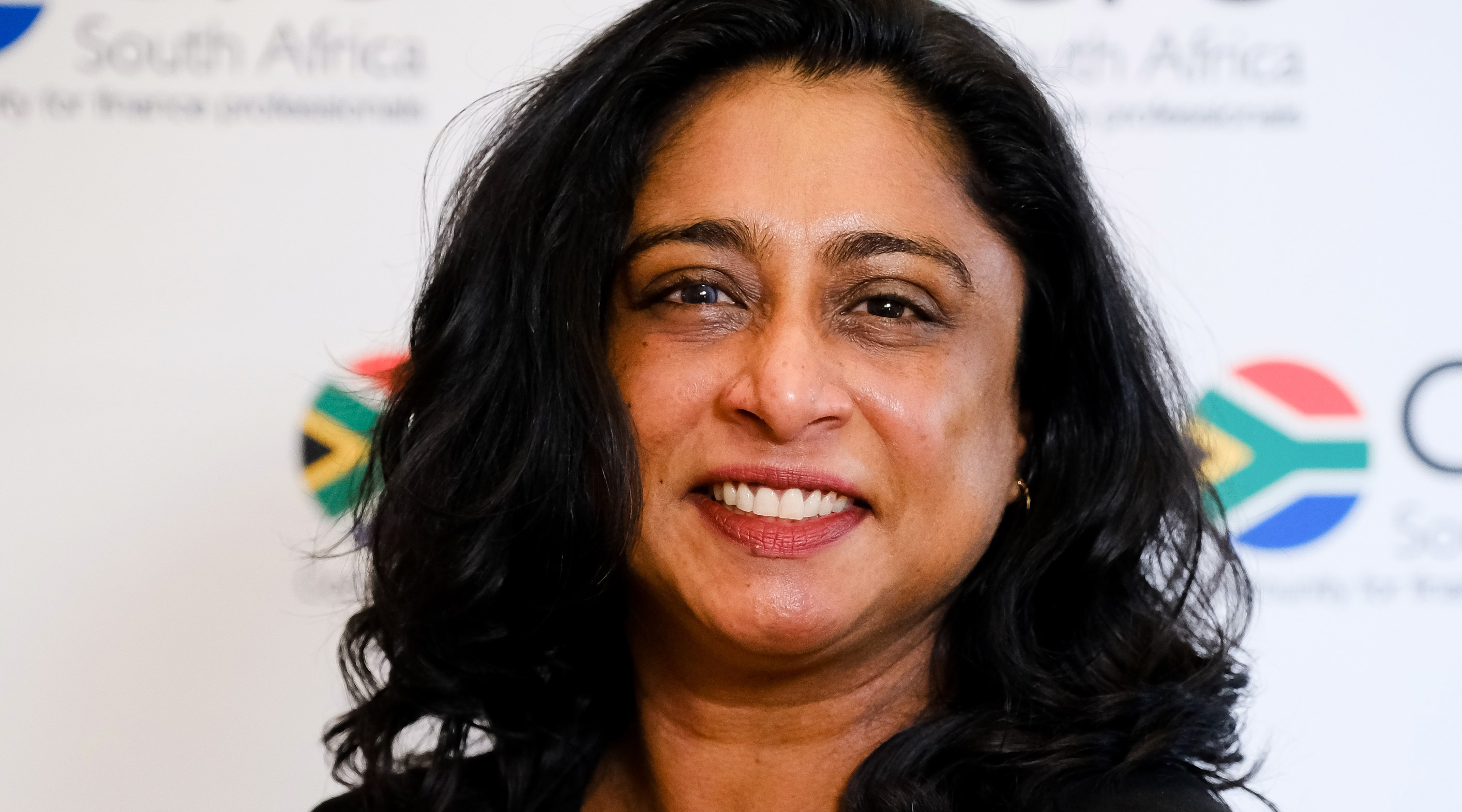A CFO South Africa webinar looks at how smaller practices are keeping SMEs alive and kicking during Covid-19.
A people-first approach has stood smaller accounting practices in good stead throughout the economic impact of Covid-19. This was the overriding message of the recent Lessons from Accounting Heroes webinar, sponsored by ACCA.
“There was so much uncertainty during the early lockdown and from day one our focus was to stay engaged with all stakeholders, suppliers, staff and clients. We had to get an understanding of how it would impact all our stakeholders and our operations. We paid careful attention to our cash flows and forecasts and what sort of communication to send out to each stakeholder,” explained Phuthanang Motsielwa, director at PSTM Auditors.
She added, “We capacitated employees to work from home and invested heavily in training. The president asked us to preserve jobs and we kept that in mind. So, if someone was unable to work remotely, then we looked for something they could be trained on. This was an investment and we knew we would see the return once we were able to get back to ‘normality’.”
Giving employees peace of mind that they would not be retrenched was also at the top of the agenda for the other two panellists, Johnny Eliades, founder of IE Chartered Certified Accountants, and Bashier Adam, CEO at Nexia SAB&T.
“At the beginning stages, it was more a psychological issue. In accounting, we focus on the technical side but there is also the mindset side. The biggest asset in any business is its people and retrenchments had to be avoided. We were all in this boat together and that included our clients,” Johnny said.
Negotiate
Bashier added, “In the weeks leading up to hard lockdown, I saw seasoned professionals with tears in their eyes because they did not know if they would have jobs. I knew that no one was going anywhere and we would come out of it together no matter what.”
Clients were going through the same change process.
“There were clients who we have served for 25 or 27 years who could not cope. Sometimes you just don’t know what to say and start by just lending people an ear and a shoulder, and then figure out what you can do to help,” Bashier said.
“This is when relationships trump business and profitability. After making a profit from you for almost three decades, it’s not going to bankrupt us to maintain and preserve this relationship. Sometimes I felt that we were playing the role of a non-profit,” he added.
The concept of business profitability certainly took a back seat at the height of the pandemic and during the hard lockdown.
“There was no more pricing, it was like, ‘Let’s negotiate.’ I believe that there’s opportunity in crisis, so if clients can’t pay right now and their suppliers are going to be hard on them, we looked at what we could do to help,” Johnny said.
This approach took various forms, from liaising with investors and landlords to supporting businesses with compliance requirements for bailouts. Some of the services were out of scope but the company’s brand and reputation benefited as a result.
Lessons learnt
All three small practice accounting leaders remain resilient and positive on both a personal and business level. They did, however, have a few tips on lessons learnt during the crisis.
“Before I am an accountant or a business owner, I am a human being. I think we all had to demonstrate our humanity to each other; to show compassion and empathy is actually important,” Phuthanang said.
She added, “The other lesson was that stress testing the business model is very important. We must make sure that we are focusing on the outcomes versus the activities.”
For Johnny, it was all about perspective. “The biggest lesson, even for clients, was that it’s not over. Sometimes people write themselves off prematurely. The numbers tell a story and that must be put into perspective. Accounting is the language of business, and you need to put life and business into perspective.”
Bashier corroborated these statements: “There is a need for empathy and understanding of different people in the ecosystem of staff, communities, clients and suppliers.
“SMEs must have a buffer or reserve somewhere. It is very difficult to do it, I know. But cash is king. Preserve cash and don’t spend everything you make, then you will more than likely ride out most storms, until you can renegotiate,” he concluded.
In terms of the future of the profession, all panellists agreed that smaller accounting practices are in a good position to embrace efficiencies through digitisation channels and more affordable software options. In addition, they foresee a hybrid approach between remote and in-person working environments.









